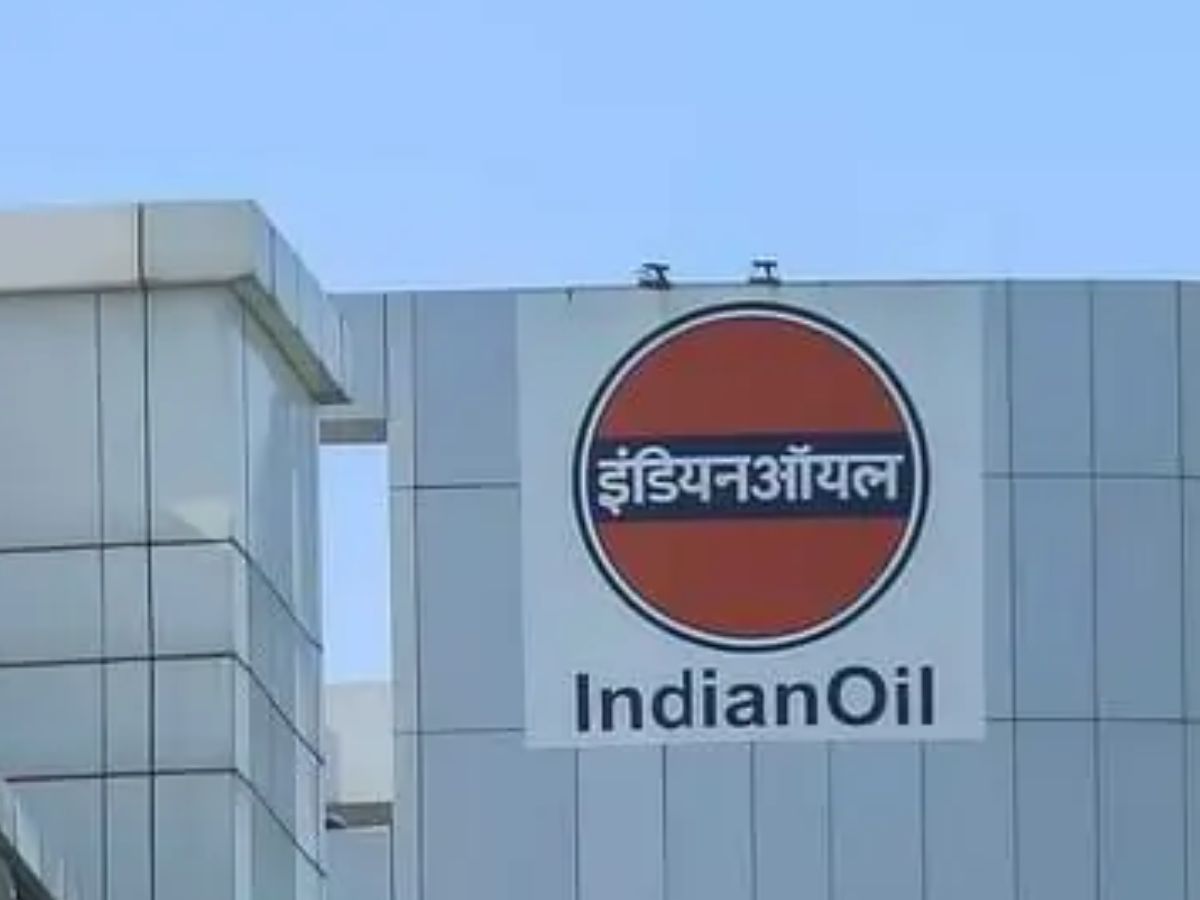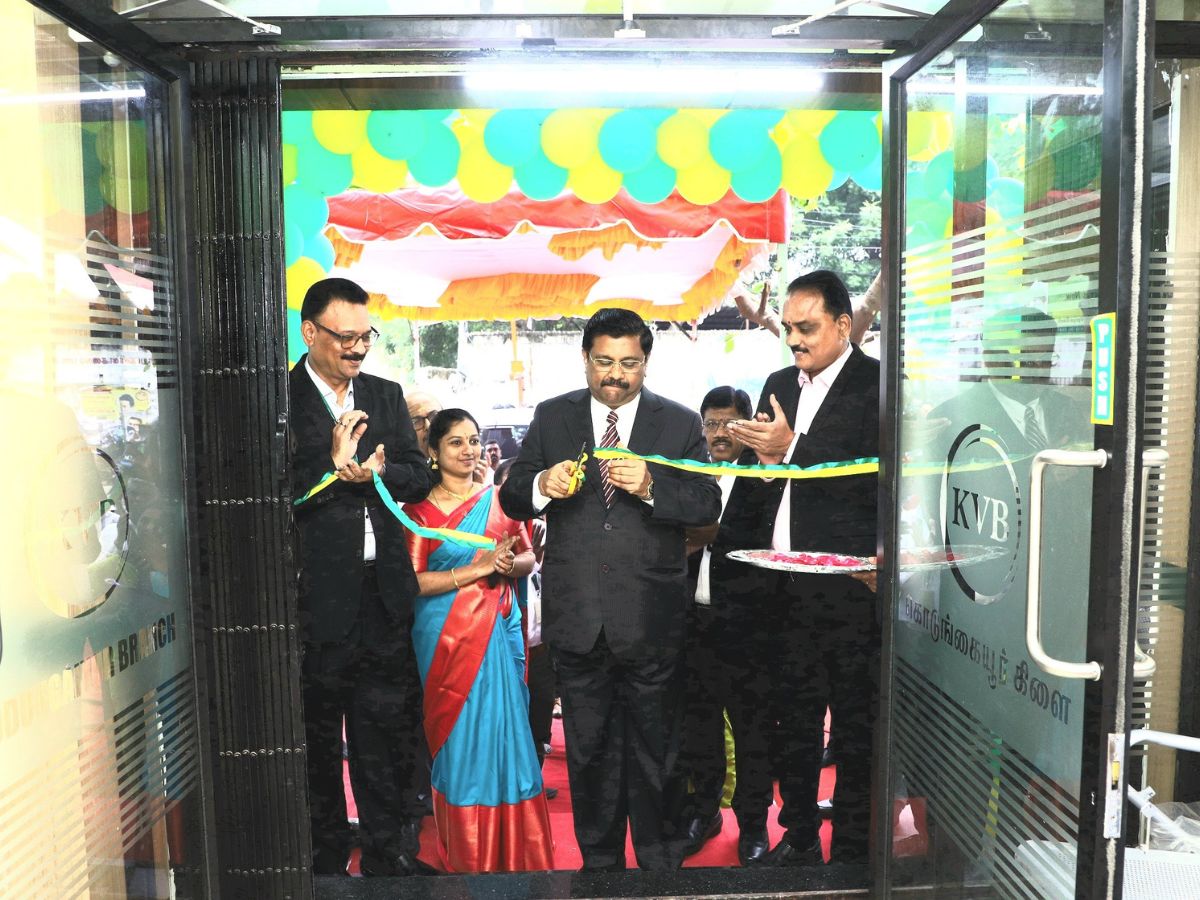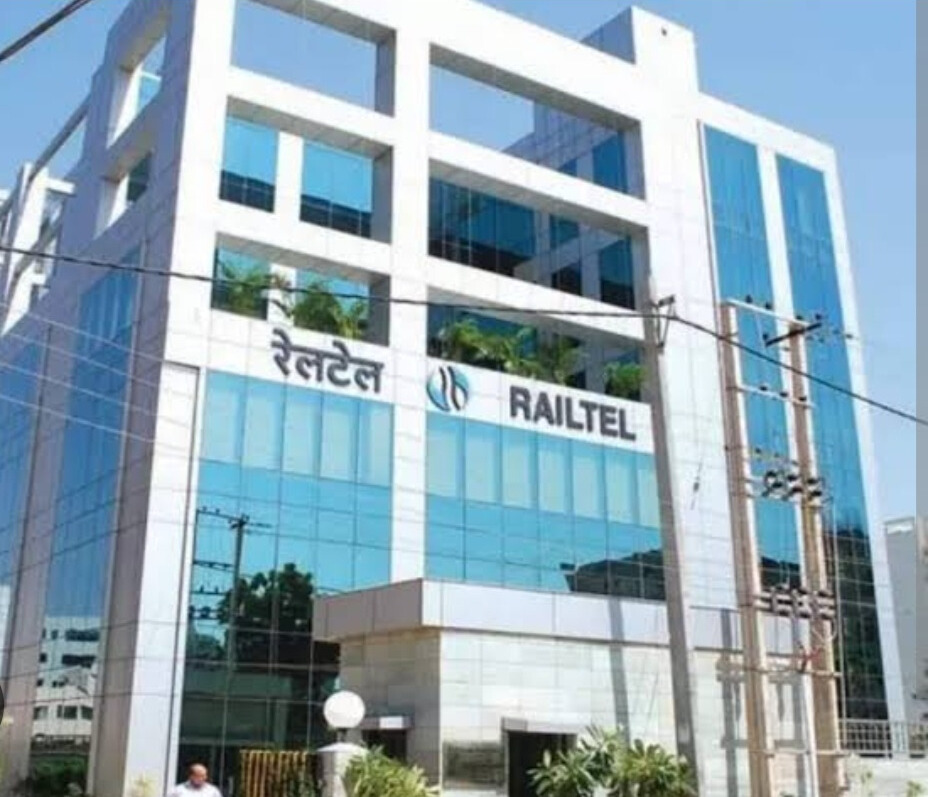Shri Gurdeep Singh-Chairman and Managing Director

Details
Name: Shri Gurdeep Singh
Email: NA
Phone: NA
Address: NA
Gurdeep Singh is the Chairman & Managing Director of NTPC Limited since 2016. Prior to joining NTPC, he was Managing Director of Gujarat State Electricity Company Limited.
He has an illustrious career spanning over three decades in the power sector. He started his career in 1987 as an Engineer Trainee with NTPC and has worked his way through various ranks in public and private sector including MNCs.
He graduated in mechanical engineering from NIT Kurukshetra and has undergone Management Education Program from IIM Ahmedabad. He has also received management and leadership inputs from renowned global institutions like Saïd Business School-Oxford (UK), Harvard-Kennedy School (USA), Darden School of Management - Virginia (USA), Singapore Civil Services College (Singapore) and ISB Hyderabad (India).
He is a member of IEA’s High Level advisory group on Coal in the Global Net Zero transition and also a member of the Clean Energy Ministerial H2I advisory group. He served as Co-chair for the taskforce on Energy & Resource efficiency, B20 Italy 2021.
He has launched a series of initiatives to sustain NTPC's growth and bring about cultural changes necessary to maintain NTPC's position as a leading global energy company. He has positioned NTPC at the forefront of energy transition and has started many initiatives like aggressive renewable addition, green Hydrogen, acquisitions, Biomass, Waste-to-Wealth, CCU, global presence etc. to transform NTPC from merely a “Coal based Power Generating Company” to a “Sustainable Integrated Energy Company”.
His strong focus on increasing competitive edge helped NTPC winning various tenders and emerged as a strong player in renewables. His thrust on minimizing environmental footprint, maximizing sustainability efforts and a focussed approach of ‘Low-Cost Low Emission’ aligns with India’s ambitious target of cleaner and affordable power for all and helped in conceptualisation of coal swapping, freight rationalisation, priority in scheduling of cheaper stations and flexibility in scheduling schemes.








